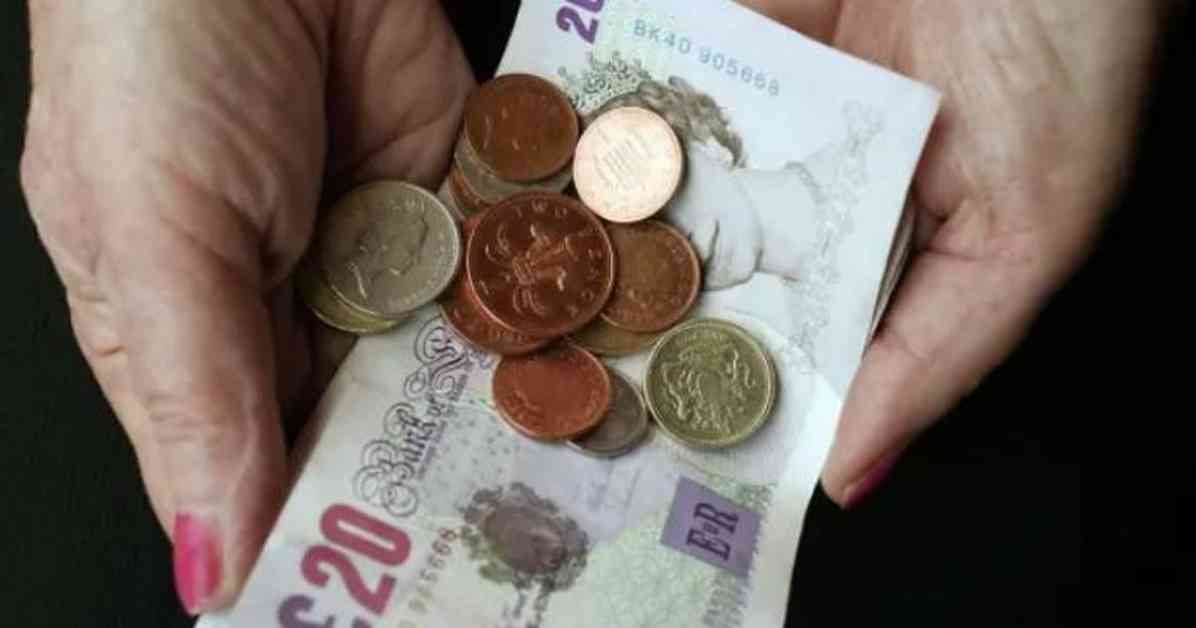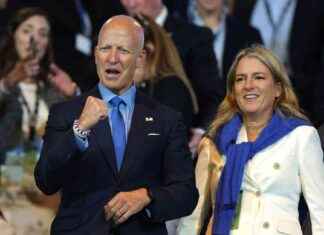The Department for Work and Pensions (DWP) has recently announced that more than 760,000 households of older Brits are set to lose out on the Winter Fuel Payment this year, despite being eligible for the benefit that could provide up to £300. This change comes after a campaign aimed at increasing sign-up rates to help low-income households keep their homes warm. Low-income pensioners need to apply for Pension Credit, which offers an average of £3900, to receive support with heating costs.
The decision to means-test the £300 cash boost was made by the Labour government after discovering a significant budget deficit left by the previous administration. This move is expected to push around 200,000 pensioners into relative poverty by the end of Labour’s first term. However, the DWP’s internal modelling suggests that the policy could lead to an additional 50,000 pensioners falling into financial hardship each year.
Despite efforts to encourage older Brits to sign up for Pension Credit and receive the Winter Fuel Payment, three quarters of a million pensioners are still not claiming the benefit. The revised estimate of pensioners missing out on Pension Credit was quietly released in an online update, revealing a 13% drop in the government’s initial figures. With 760,000 less affluent pensioners facing higher heating costs without the universal benefit, many will struggle this winter.
To qualify for the benefit and Winter Fuel Payment, individuals must have a weekly income below £173, while couples must have an income below £236. While the measure is expected to save the national budget around £1.4 billion annually, it has faced criticism from pension poverty campaigners who fear that older Brits will face difficult choices in the months ahead.
Prime Minister Sir Keir Starmer has emphasized the government’s campaign to increase Pension Credit uptake, stating that it not only guarantees the Winter Fuel Allowance but also provides financial support. He also assured that pensioners will be better off due to the government’s efforts to stabilize the economy.



























